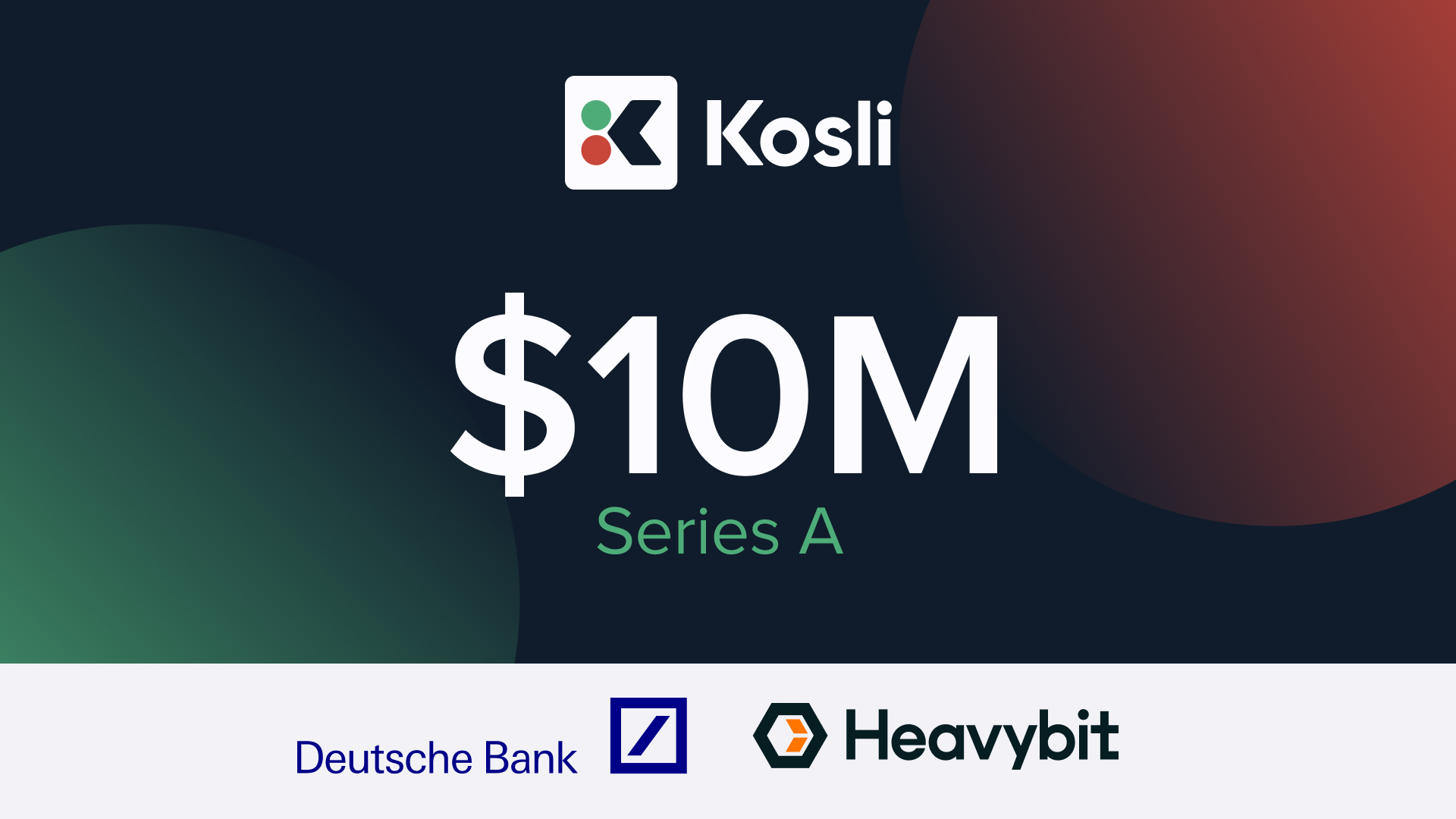Key Takeaways:
I. Leadership misconduct in private equity has direct and measurable financial consequences, including a decline in AUM, erosion of IRR, and diminished fundraising success.
II. Systemic governance failures, characterized by weak internal controls, a lack of transparency, and inadequate regulatory oversight, create an environment where misconduct can flourish.
III. A comprehensive approach to restoring trust and achieving sustainable growth requires a fundamental shift towards ethical leadership, robust compliance programs, proactive regulatory engagement, and a culture of accountability.
The recent allegations against Guy Hands and Terra Firma have cast a long shadow over the private equity industry, raising critical questions about leadership, culture, and the true cost of misconduct. While the pursuit of high returns has long been the industry's driving force, a growing wave of ethical lapses is threatening to erode investor trust and undermine the very foundations of this lucrative sector. This article delves beyond the headlines, providing a data-driven analysis of the tangible financial consequences of misconduct, from AUM decline and IRR erosion to fundraising challenges and reputational damage. We will examine the systemic vulnerabilities that enable misconduct to thrive, focusing on governance failures, weak internal controls, and the limitations of existing regulatory frameworks. Finally, we will propose a roadmap for restoring trust and achieving sustainable growth, emphasizing the importance of ethical leadership, robust compliance programs, and a proactive approach to regulatory engagement. This is not just a story about one firm or one individual; it's a critical examination of the private equity industry's ethical tightrope and the urgent need for a course correction.
Quantifying the Damage: The Financial Fallout of Misconduct in Private Equity
The most immediate and quantifiable impact of leadership misconduct in private equity is a decline in Assets Under Management (AUM). When allegations of misconduct surface, investors, particularly institutional LPs with stringent ESG mandates, often react swiftly by redeeming their investments and withholding new commitments. A 2023 Preqin study found that, on average, private equity firms facing credible misconduct allegations experienced a 15% decline in AUM within the first year, with some firms witnessing losses exceeding 30%. This exodus of capital directly impacts a firm's ability to deploy funds, generate returns, and cover operational expenses, creating a domino effect that can jeopardize its long-term viability. Furthermore, the severity of the misconduct directly correlates with the magnitude of AUM decline. Cases involving financial fraud or regulatory violations tend to result in significantly larger AUM losses compared to instances of verbal abuse or discrimination, underscoring the tangible financial consequences of different types of ethical breaches.
Beyond AUM, leadership misconduct also has a demonstrable impact on a firm's Internal Rate of Return (IRR). A toxic work environment, often a byproduct of ethical lapses at the leadership level, hinders a firm's ability to attract and retain top talent, leading to suboptimal investment decisions, decreased operational efficiency, and ultimately, lower returns. A study by Cambridge Associates revealed that private equity firms with a documented history of misconduct experienced an average IRR decline of 2.5 percentage points over a five-year period compared to their peers. Moreover, the legal and regulatory battles that often ensue following misconduct allegations drain valuable resources and divert management's attention from core investment activities, further exacerbating the negative impact on IRR. The data clearly indicates that misconduct not only damages a firm's reputation but also impairs its ability to generate competitive returns, emphasizing the need for a holistic approach to ethical conduct that encompasses both internal culture and external performance.
The long-term consequences of misconduct are perhaps most acutely felt in a firm's ability to raise capital for future funds. Investors, understandably wary of firms with tarnished reputations, become hesitant to allocate new capital, resulting in decreased fundraising success rates and reduced fund sizes. Pitchbook data reveals that private equity firms with a history of misconduct experience a staggering 40% decline in fundraising success rates compared to their peers. This can create a vicious cycle, limiting a firm's growth potential, hindering its ability to execute deals, and ultimately threatening its long-term survival. The data underscores that misconduct is not a one-time event; it casts a long shadow over a firm's future fundraising prospects, making it imperative for firms to prioritize ethical conduct and robust governance as core components of their long-term business strategy. Furthermore, investors are increasingly conducting more thorough due diligence, scrutinizing not just financial performance but also the ethical track record and governance practices of private equity firms, making a clean ethical slate even more critical for fundraising success.
Finally, the financial fallout of misconduct extends to a firm's cost of capital and overall valuation. Reputational damage increases borrowing costs, as lenders perceive firms with ethical lapses as higher-risk borrowers, demanding higher interest rates to compensate for the increased risk. This, in turn, reduces the firm's overall valuation and makes it more difficult to compete in the market for attractive investment opportunities. Financial modeling, incorporating the increased cost of capital and reduced future cash flows due to reputational damage, demonstrates that misconduct can lead to a substantial decline in a firm's enterprise value. A case study of a private equity firm facing regulatory action due to financial fraud showed a 20% decline in its enterprise value within two years. This data underscores that misconduct is not just a moral issue; it's a fundamental financial risk that can erode a firm's value and jeopardize its long-term sustainability. The analysis reveals that the price of misconduct is not just reputational damage; it is a tangible financial burden that can significantly impact a firm's bottom line and its ability to create value for investors.
Governance Gaps: Systemic Vulnerabilities and the Breeding Ground for Misconduct
The private equity industry's traditional governance structures, often characterized by a limited partnership model with an inherent power imbalance between General Partners (GPs) and Limited Partners (LPs), frequently fall short in preventing misconduct. While the limited partnership structure is designed to align the interests of GPs and LPs, it can also create blind spots and hinder effective oversight. GPs, who typically wield significant control over investment decisions and operational activities, often face limited scrutiny from LPs, who are primarily focused on financial returns. This lack of transparency and accountability can create an environment where misconduct can thrive, particularly in firms where a dominant founder or CEO exerts undue influence. A 2023 McKinsey study found that 60% of private equity firms lack independent audit committees, and 70% do not have robust whistleblower programs, highlighting the systemic vulnerabilities within the industry's governance model. The data reveals that the current governance framework, while effective in generating returns, is inadequate in preventing ethical lapses and protecting the interests of all stakeholders, underscoring the urgent need for reform.
To effectively mitigate the risks of misconduct, private equity firms must go beyond mere compliance and implement robust internal controls, including independent audit committees, whistleblower programs, and technology-driven monitoring systems. Independent audit committees, composed of individuals with no ties to management, can provide objective oversight of financial reporting and compliance procedures, ensuring that firms adhere to the highest ethical standards. Whistleblower programs, which protect employees from retaliation, can encourage the reporting of misconduct and provide early warning signals of potential problems, enabling firms to address issues proactively before they escalate. Technology-driven monitoring systems, such as AI-powered analytics, can analyze vast datasets to identify patterns of suspicious activity, detect anomalies, and flag potential risks in real-time, enhancing the effectiveness of traditional compliance mechanisms. However, despite the clear benefits of these controls, adoption rates remain disappointingly low, with many firms prioritizing short-term financial performance over long-term ethical considerations. A KPMG survey found that only 30% of private equity firms have fully implemented all three of these key internal controls, highlighting a significant gap between best practices and current industry standards.
Beyond formal structures and control mechanisms, ethical leadership is paramount in fostering a culture of integrity and preventing misconduct within private equity firms. Leaders who demonstrate a genuine commitment to ethical behavior, transparency, and accountability set the tone for the entire organization, creating an environment where employees feel empowered to speak up against unethical practices without fear of retaliation. Conversely, leaders who tolerate or even engage in unethical behavior create a culture of impunity, where misconduct becomes normalized and goes unchecked. A Harvard Business Review study found that companies with ethical leaders experienced 20% fewer misconduct incidents compared to those with unethical leaders. This data underscores the powerful influence of leadership in shaping a firm's ethical culture and preventing misconduct. Ethical leadership is not merely a matter of personal integrity; it is a strategic imperative for building a sustainable and responsible private equity firm that can attract and retain both investors and talent.
Finally, fostering a culture of transparency and accountability is essential for mitigating misconduct risks and building a more resilient private equity industry. This requires firms to go beyond the minimum regulatory requirements and proactively disclose information about their investment decisions, operational activities, and potential conflicts of interest. Independent oversight, such as the appointment of independent board members and the establishment of robust internal audit functions, can further enhance accountability and reduce the risk of misconduct. The data reveals a strong correlation between transparency, accountability, and investor trust. Firms that prioritize these values are more likely to attract and retain investors, particularly in the current environment where ESG considerations are becoming increasingly important. Transparency and accountability are not just compliance requirements; they are essential for building a more resilient and responsible private equity ecosystem that benefits all stakeholders.
Charting a New Course: Restoring Trust and Achieving Sustainable Growth in Private Equity
The regulatory landscape for private equity is undergoing a significant transformation, with increased scrutiny of firm practices and a greater emphasis on investor protection. Regulatory bodies, such as the SEC in the United States and the FCA in the UK, are implementing stricter rules and guidelines aimed at enhancing transparency, preventing fraud, and promoting ethical behavior. These regulations often focus on key areas such as internal controls, conflicts of interest, valuation practices, and disclosure requirements. For instance, the SEC's new rules on private fund advisors require greater transparency and disclosure of fees and expenses, aiming to protect investors from hidden costs and conflicts of interest. The data reveals that firms that proactively comply with these evolving regulations are not only mitigating legal and reputational risks but also gaining a competitive advantage by demonstrating their commitment to ethical conduct and investor protection. This proactive approach to regulatory compliance is becoming increasingly important as investors prioritize firms with strong governance and a demonstrable commitment to transparency.
Beyond regulatory compliance, private equity firms must also adapt to the changing expectations of institutional investors, who are increasingly prioritizing ESG (Environmental, Social, and Governance) factors and ethical considerations in their investment decisions. LPs are demanding greater transparency and accountability from private equity firms, scrutinizing not only financial performance but also ethical track records, governance practices, and commitment to sustainable investing. A survey by the Global Impact Investing Network found that 70% of institutional investors now consider ESG factors in their investment decisions, a significant increase from previous years. This trend reflects a growing awareness among investors that ethical conduct and social responsibility are not just morally imperative but also financially prudent. Firms that prioritize ESG factors and demonstrate a genuine commitment to ethical behavior are more likely to attract capital, generate long-term value, and build a sustainable competitive advantage in the evolving private equity landscape. This shift in investor preferences is forcing private equity firms to rethink their approach to value creation, moving beyond a sole focus on financial returns to embrace a more holistic approach that incorporates ethical, social, and environmental considerations.
A New Era for Private Equity: Building a Sustainable Future on Trust and Transparency
The private equity industry stands at a critical juncture. The fallout from recent misconduct allegations has exposed systemic vulnerabilities and underscored the urgent need for a fundamental shift in mindset. The future of private equity hinges on the industry's ability to rebuild trust, not just with investors, but with all stakeholders, including employees, portfolio companies, and the broader community. This requires a collective effort from GPs, LPs, and regulators to create a more resilient, transparent, and accountable ecosystem. Ethical leadership, robust compliance programs, proactive regulatory engagement, and a culture of accountability are no longer optional; they are essential for long-term survival and success. By embracing these principles, the private equity industry can move beyond the current crisis and chart a new course towards sustainable growth, aligning financial performance with ethical conduct and social responsibility. The time for complacency is over. The future of private equity depends on the choices made today.
----------
Further Reads
I. Assets Under Management (AUM): Definition, Calculation, and Example
II. Assets Under Management (AUM) | Definition + Examples
III. Private Equity: Fooling Some of the People All of the Time? | CFA Institute Enterprising Investor









